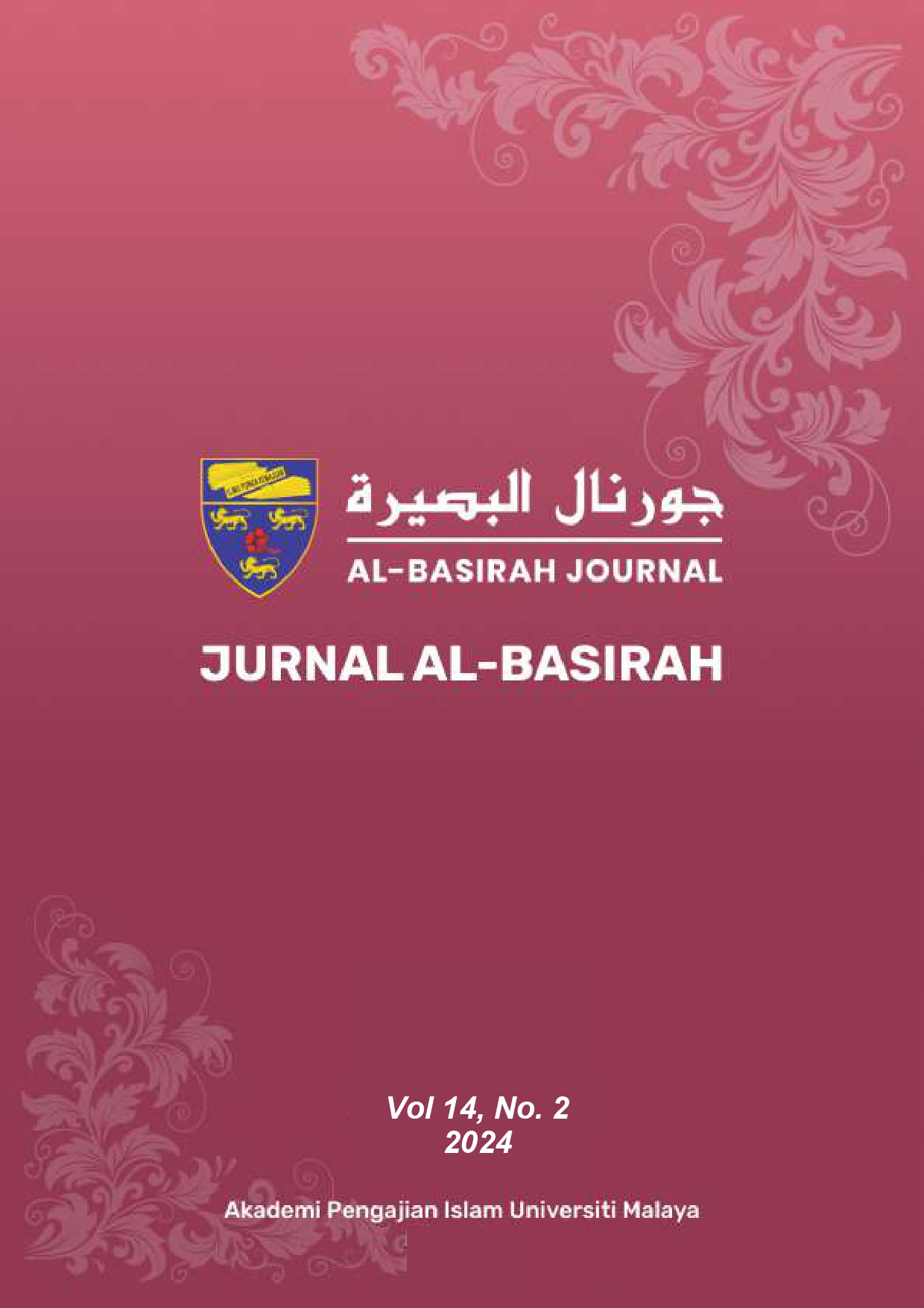A Critical Analysis of the Neglect of Recruiting the Lower Class by the Egyptian Muslim Brotherhood
DOI:
https://doi.org/10.22452/basirah.vol14no2.8Keywords:
Recruitment, Lower Class, Muslim Brotherhood, EgyptAbstract
This research delves into the evolution of political Islam as an ideology within the Muslim Brotherhood, with a specific focus on its recruitment strategies and the neglect of the lower class in Egypt. It examines how the movement initially emerged from the lower class, transitioned to target the middle class, and eventually shifted attention towards the middle and upper class, while providing minimal support to the lower class in terms of daily needs and assistance. This neglect of the lower class has led to the loss of millions of supporters, some of whom have aligned themselves with the government, actively opposing the Muslim Brotherhood and lending street legitimacy to anti-Brotherhood demonstrations during pivotal events such as the January Revolution of 2011 and the military coup in 2013. These occurrences prompt crucial questions and suggestions for the Muslim Brotherhood to reconsider its ideology and approach, particularly towards the lower class, which remains a significant demographic in shaping the movement's future political trajectory.

















